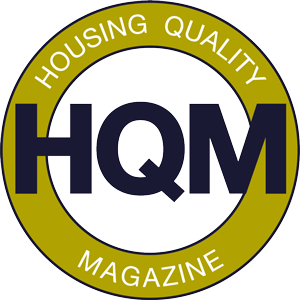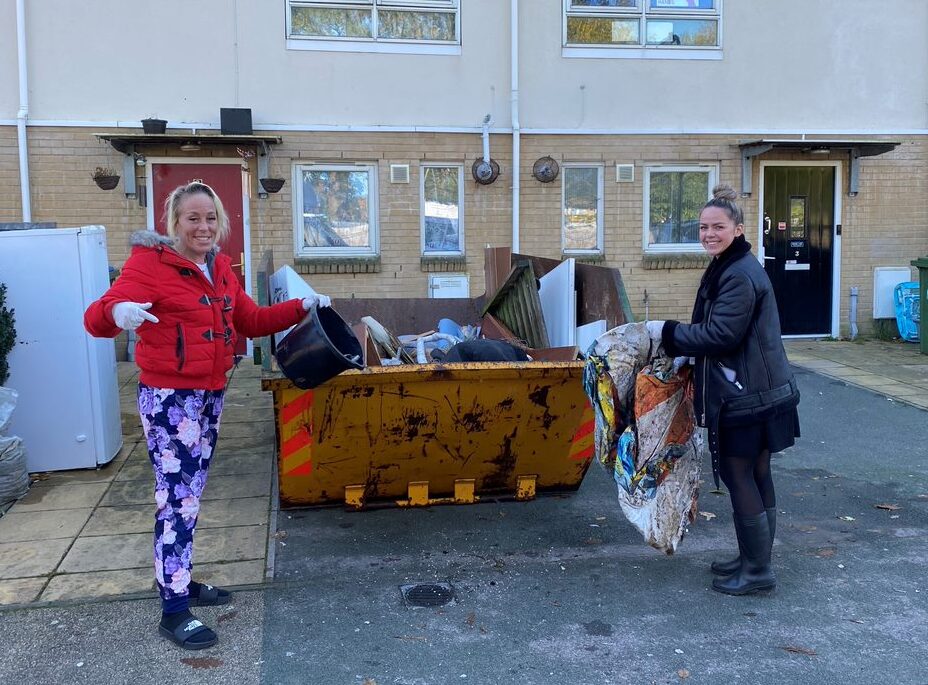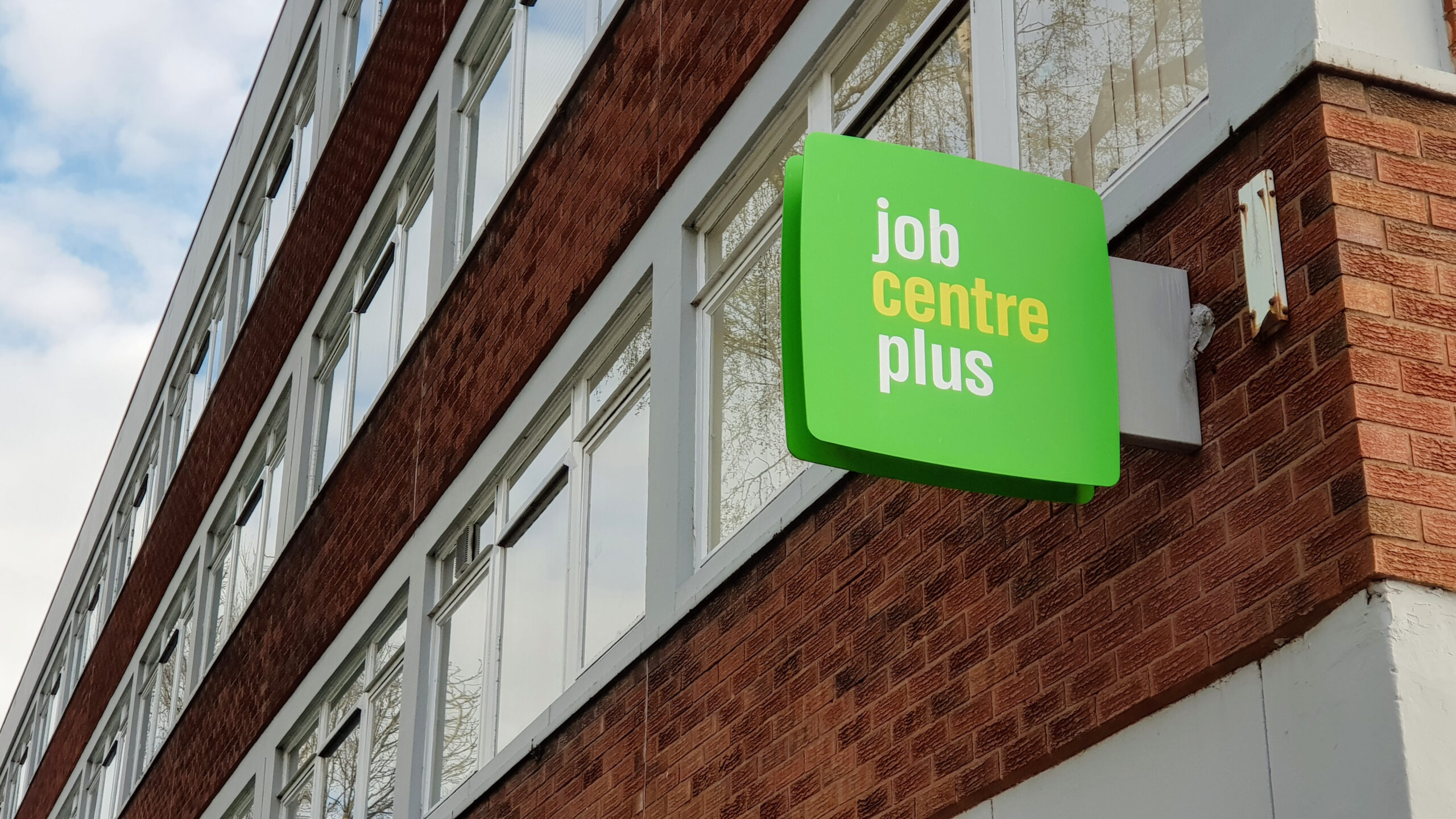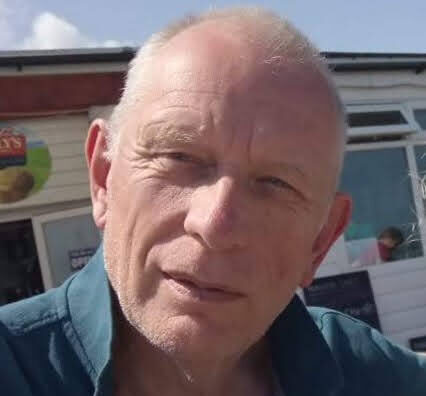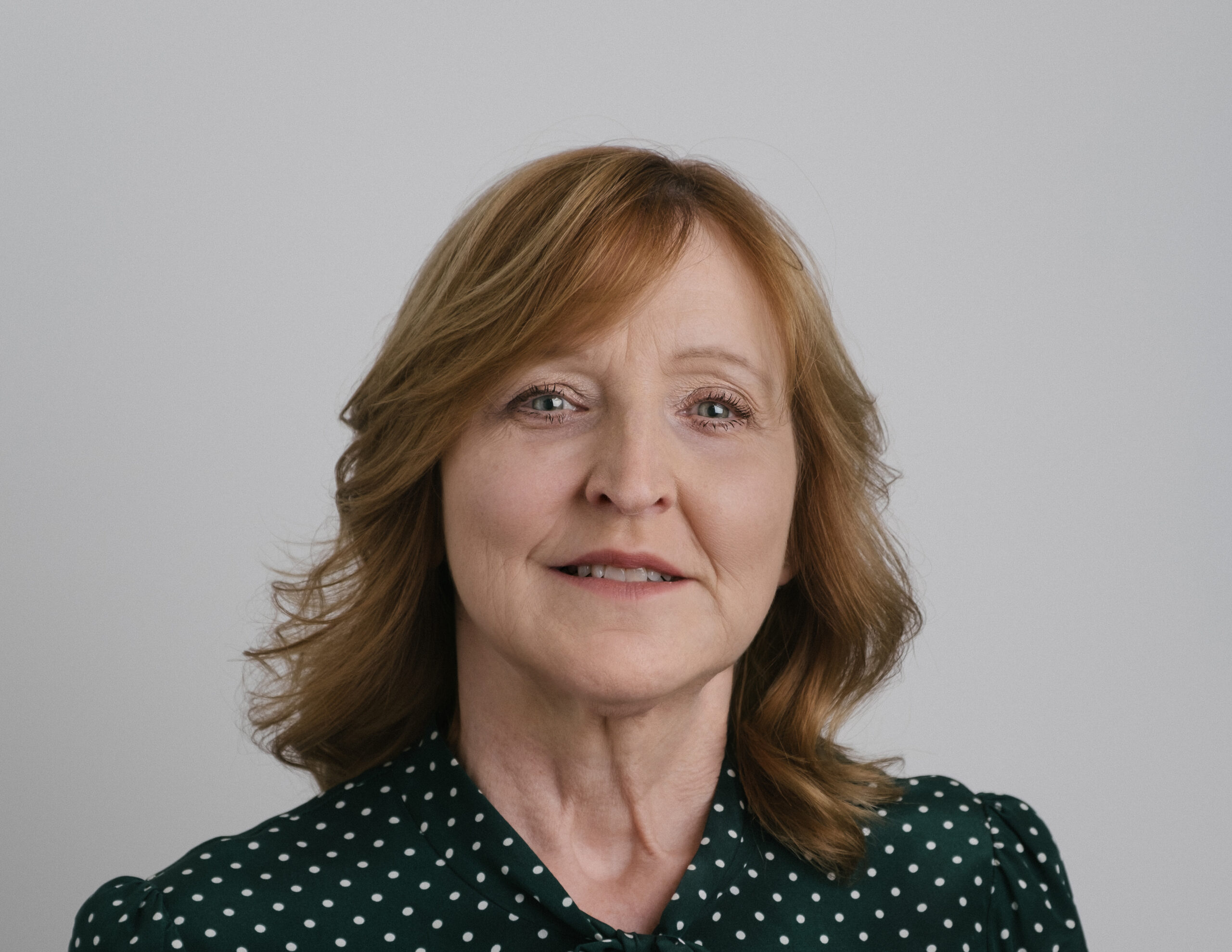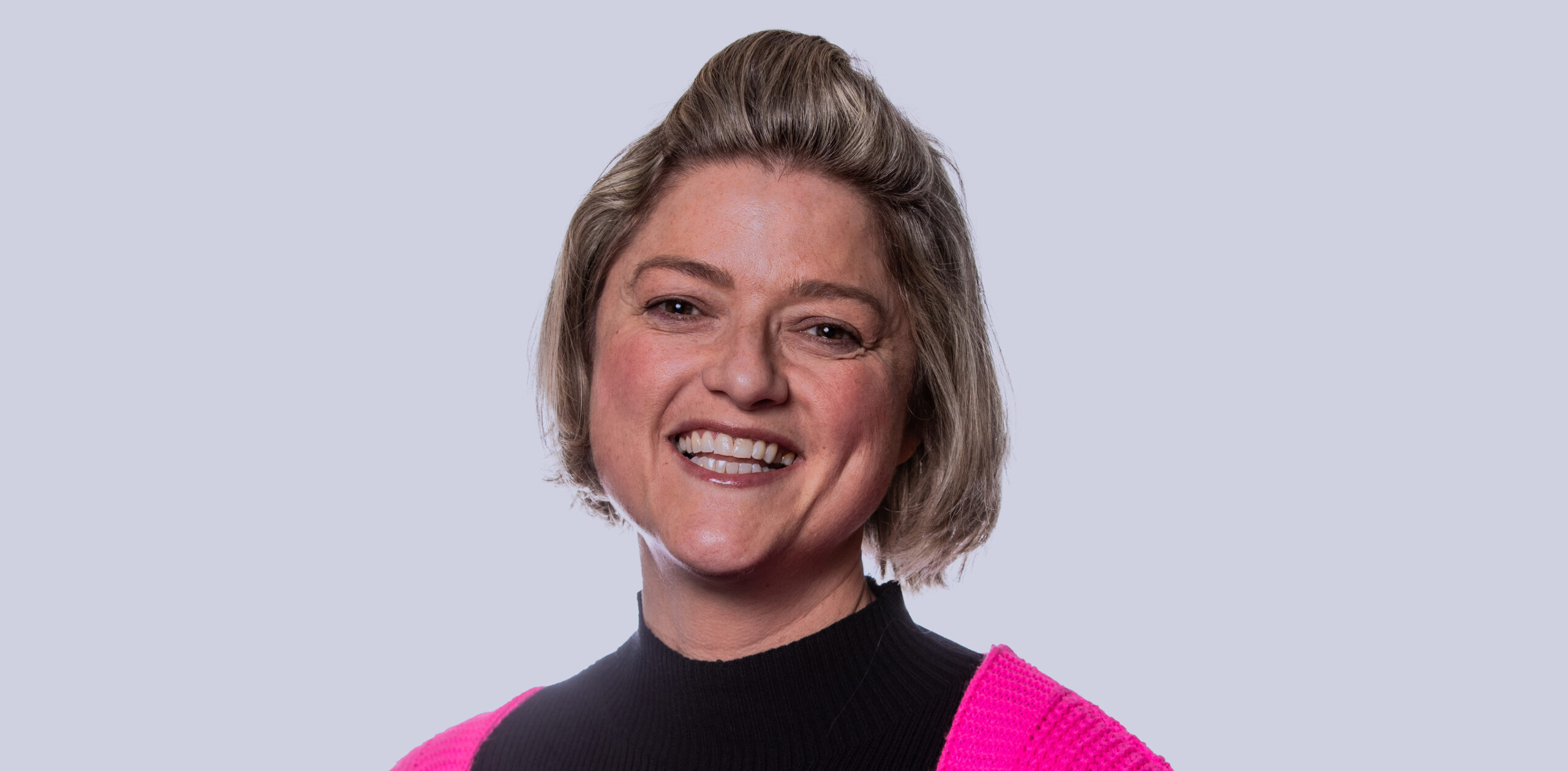 By Stephen Blundell
By Stephen Blundell
Operations Director, Leeds Federated Housing Association
Last year, when our in-depth assessment (IDA) was due, the Regulator of Social Housing (RSH) asked us if we’d take part in its consumer inspection pilot. While not entirely sure what to expect, we seized the opportunity so we could gain first-hand experience and learn more about the RSH’s expectations.
Every housing provider is unique and each consumer inspection pilot was different. But as you would expect, we were all asked about topics that are central to ensure effective governance and risk management.
Asset management
The pilot explored four key themes, including asset management and maintenance. For this element, the RSH wanted to know how our board has reassurance about any building safety and remedial actions needed, but also how well we know our homes. From managing damp and mould, identifying potential risks and the investment needed – every detail was important.
Transparency, influence and accountability
Another focus area was our understanding of fair access, diverse needs and differential satisfaction. This involved demonstrating that we treat tenants with fairness and respect, while also showcasing how they’re involved and how they scrutinise and influence service delivery.
We were also asked how we share performance data and learning from complaints externally and internally, as well as explain our attitude as an organisation to complaints.
Data quality and data management
This was a recurring theme. The RSH wanted to test the robustness of the data we were using to develop strategies and measure organisational performance, in addition to understanding how we maintain and validate the integrity of this data.
Triangulation
In separate sessions with our executive team, board and tenant representatives, the RSH probed us on our understanding of the organisation.
Overall, I found our involvement with the pilot to be philosophical in nature but purposeful. While we worked together to debate and deconstruct ideas and the language we use, I found the regulatory team to be approachable and engaging – making the experience genuinely enjoyable. And it’s this factor that I think is the key for any provider moving forward.
Right track
In a more relaxed environment, people naturally move away from reciting strategies, goals and risk maps, and share how they truly feel about an organisation, enabling the RSH to gain a much better understanding of how it really functions and the quality of its relationships.
In September 2022, ahead of our IDA, we had already started implementing and recording our tenant satisfaction measures (TSMs) and had some initial analysis we could share. This, in conjunction with us carrying out a stock condition survey of nearly all our homes and collating qualitative research into tenant experiences of damp, mould and condensation, positioned us favourably for the pilot.
Although we didn’t receive a consumer grading, we did get confirmation that we were on the right track, while also identifying areas for us to work on. The experience we gained from the consumer pilot helped us to refine our thinking and direction of travel. This resulted in us accelerating our plans to invest and setup a new department focused on service improvement – bringing together critical functions linked to customer experience and priorities.
Advice
On one level, our job is to demonstrate that our teams meet the specific expectations in the consumer standards and that we’re delivering the required outcomes. But to view the new standards as a compliance framework would, in my view, be a mistake.
The consumer standards are written in a way which means they are never ‘done’. Rather, they’re something that we should always be working towards in a spirit of openness and transparency.
I believe the consumer standards are a call to action on driving down the undeniable gap between corporate rhetoric and tenant experience.
As a sector, we have a responsibility to show we understand our strengths and weaknesses, and demonstrate how our organisations are learning and improving holistically for residents.
